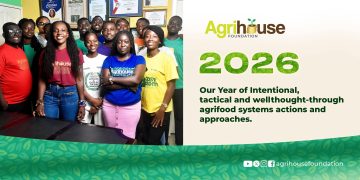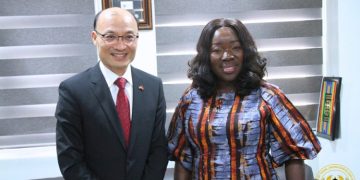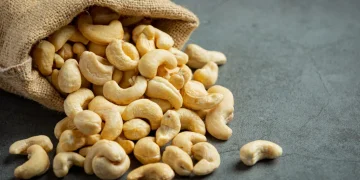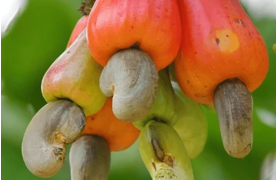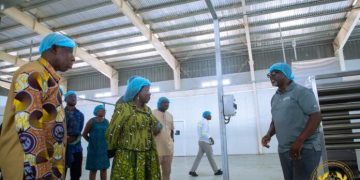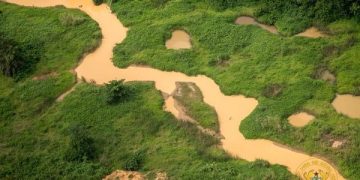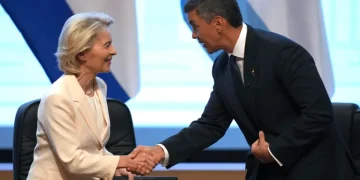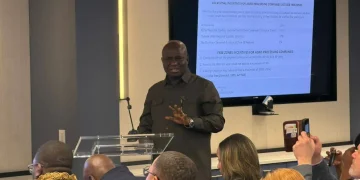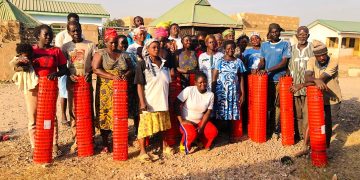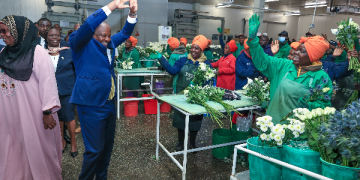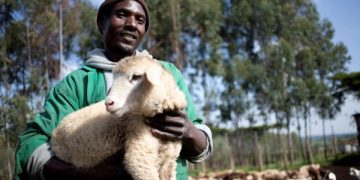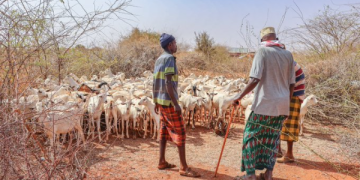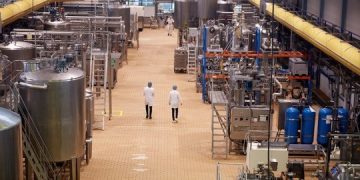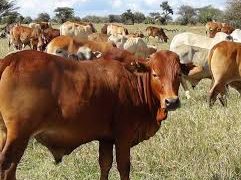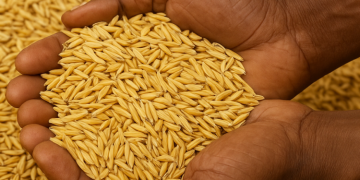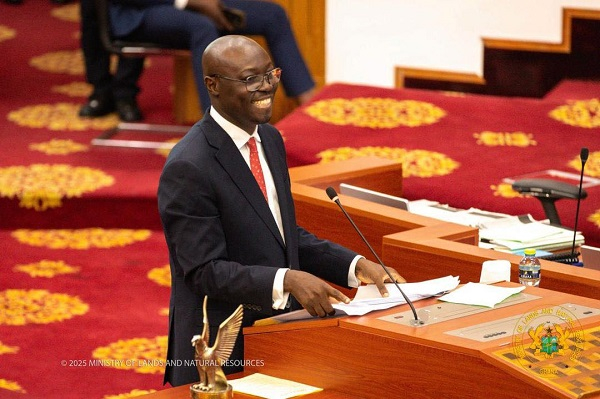Finance Minister Dr. Cassiel Ato Forson has revealed that government is establishing a Dedicated US$500 million Oil Palm Development Finance Window to aid oil palm production.
This comes as a keynote in his presentation of the 2026 Budget in Parliament on November 13, 2025. He stated that the fund would be established in partnership with the World Bank, other development finance institutions (DFIs) and the Development Bank Ghana (DBG).
According to him, oil palm is a long-gestation crop that demands patient, affordable, and predictable capital. “Conventional short-term commercial loans are ill-suited for a crop that takes nearly seven years to reach full maturity” he added.
He conveyed that the fund will serve as a facility that will provide long-tenor loans aligned with the crop’s growth cycle; offer a five-year moratorium on principal and interest payments; apply concessional interest rates to attract private investors; and finance up to 70 percent of project costs, with investors and cooperatives providing the remainder.
“Funding will be tied to sustainability and governance standards, ensuring that capital flows only into projects that protect the environment, create decent employment, and uphold labour rights.” Through this patient capital model, Ghana will crowd in both domestic and foreign investors, unlocking the full potential of its agro-industrial base while ensuring benefits are shared equitably across rural communities, he added.
The Minister explained that central to this policy is the inclusion of smallholder farmers as partners. Through a new Outgrower Partnership Scheme, smallholders will be linked directly to nucleus estates and processing facilities. They will have access to improved seedlings, mechanization services, subsidized fertilizer, and guaranteed off-take agreements at fair prices. “A Smallholder Support Fund will ensure women and youth gain access to affordable credit and skills training. This inclusive approach mirrors the successful models of Malaysia and Indonesia, where smallholder integration turned oil palm into an engine for shared growth.”
He asserted that the National Oil Palm Policy will be anchored on robust implementation and strong regulatory oversight. The Tree Crops Development Authority (TCDA) will serve as the lead regulator, coordinating licensing, production planning, and data management. The Oil Palm Research Institute (OPRI) will focus on developing high-yield, climate-resilient varieties, while the Oil Palm Development Association of Ghana (OPDAG) will promote industry coordination and public-private dialogue. “To enhance compliance and revenue, Government will introduce a tax stamp regime for refined edible oils, modelled after the beverage industry. This will eliminate smuggling and under-declaration, ensure fair taxation, and protect domestic producers.”
The Minister said these reforms will not only position Ghana to achieve self sufficiency but also build an export-ready crude palm oil downstream sector that adds value and creates jobs, highlighting that the National Policy on Integrated Oil Palm Development represents a bold commitment to re-industrialize agriculture, deepen rural transformation, and make Ghana a regional leader in sustainable palm oil production by 2032. “It is a blueprint for agriculture transformation, export diversification, job creation, inclusive growth, community development, poverty reduction and shared prosperity.” Through strategic partnerships with investors, communities, and development partners, this policy will unlock Ghana’s Red Gold potential and turn it into a pillar of our industrial and export-led future.



